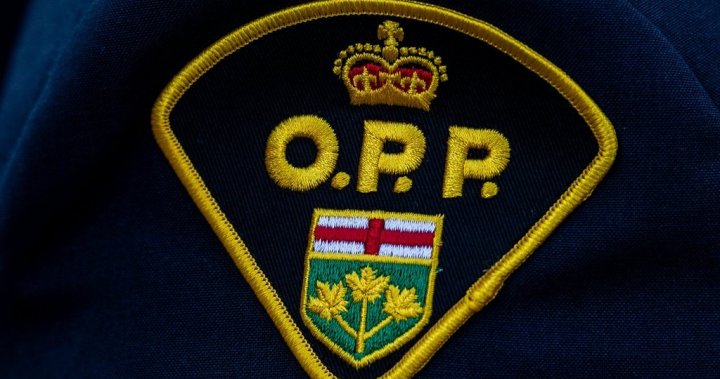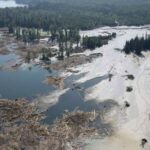In the quiet reaches of northern Ontario, provincial authorities have launched an investigation into the heartbreaking death of an infant that has left a small community reeling. The Ontario Provincial Police confirmed yesterday that officers from the Kenora detachment responded to an emergency call regarding an unresponsive infant in a remote community approximately 400 kilometers north of Thunder Bay.
“Our officers arrived at the scene alongside paramedics shortly after 3 a.m. Tuesday morning,” said OPP Detective Inspector Marcia Winters. “Despite immediate life-saving measures being administered, the infant was pronounced deceased at the scene. Our hearts go out to the family during this unimaginable time.”
The investigation is being conducted jointly by the OPP’s Criminal Investigation Branch and the Regional Coroner’s Office, standard procedure in cases involving the unexpected death of a child. Forensic identification specialists have been dispatched to the location to gather evidence, though authorities have stressed that the investigation remains in its preliminary stages.
While few details have been released to protect the integrity of the investigation and the privacy of the family involved, officials confirmed the infant was under six months of age. The cause of death has not yet been determined, with investigators awaiting the results of a post-mortem examination scheduled to take place at the Provincial Forensic Pathology Unit in Toronto later this week.
Community support services have been mobilized to assist family members and first responders affected by the tragedy. The Nishnawbe Aski Nation, which represents 49 First Nations communities in northern Ontario, has coordinated mental health resources and traditional healing supports for those impacted.
“This tragedy affects everyone in our tight-knit northern communities,” said Regional Chief Walter Naveau. “We are ensuring culturally appropriate support is available while respecting the family’s need for privacy and space to grieve.”
The incident highlights the ongoing challenges facing remote northern communities regarding emergency medical response and pediatric care. According to Health Canada statistics, infant mortality rates in isolated northern communities remain significantly higher than the national average, a disparity that health advocates have long fought to address.
Dr. Alika Lafontaine, president of the Canadian Medical Association, noted: “While we cannot speak to this specific case, we know that geography should never determine health outcomes. Every infant in Canada deserves equal access to timely, quality healthcare regardless of their postal code.”
As investigators continue their methodical work to understand the circumstances surrounding this tragedy, questions linger about what improvements to remote healthcare infrastructure might prevent similar heartbreak in the future. Will this case become a catalyst for meaningful change in how we deliver essential pediatric services to Canada’s most isolated communities?


















